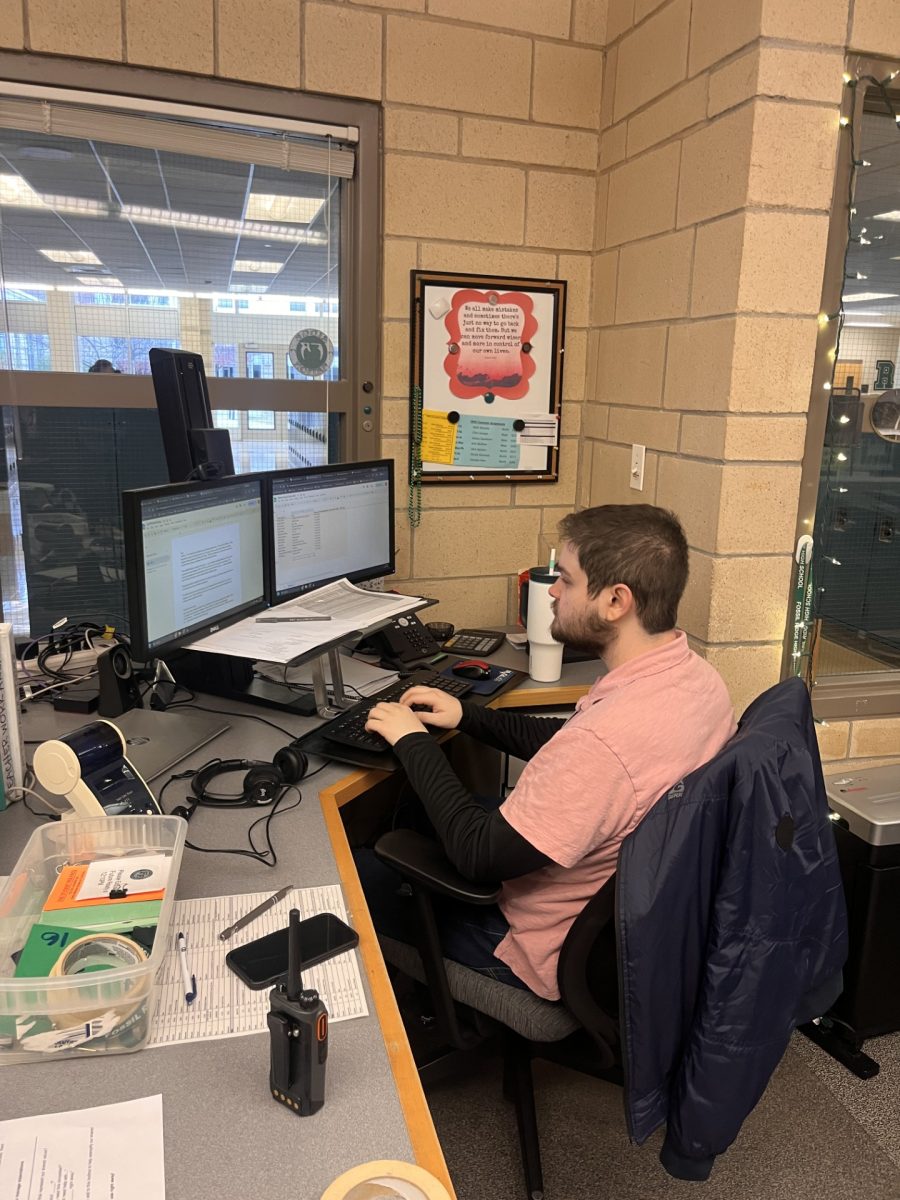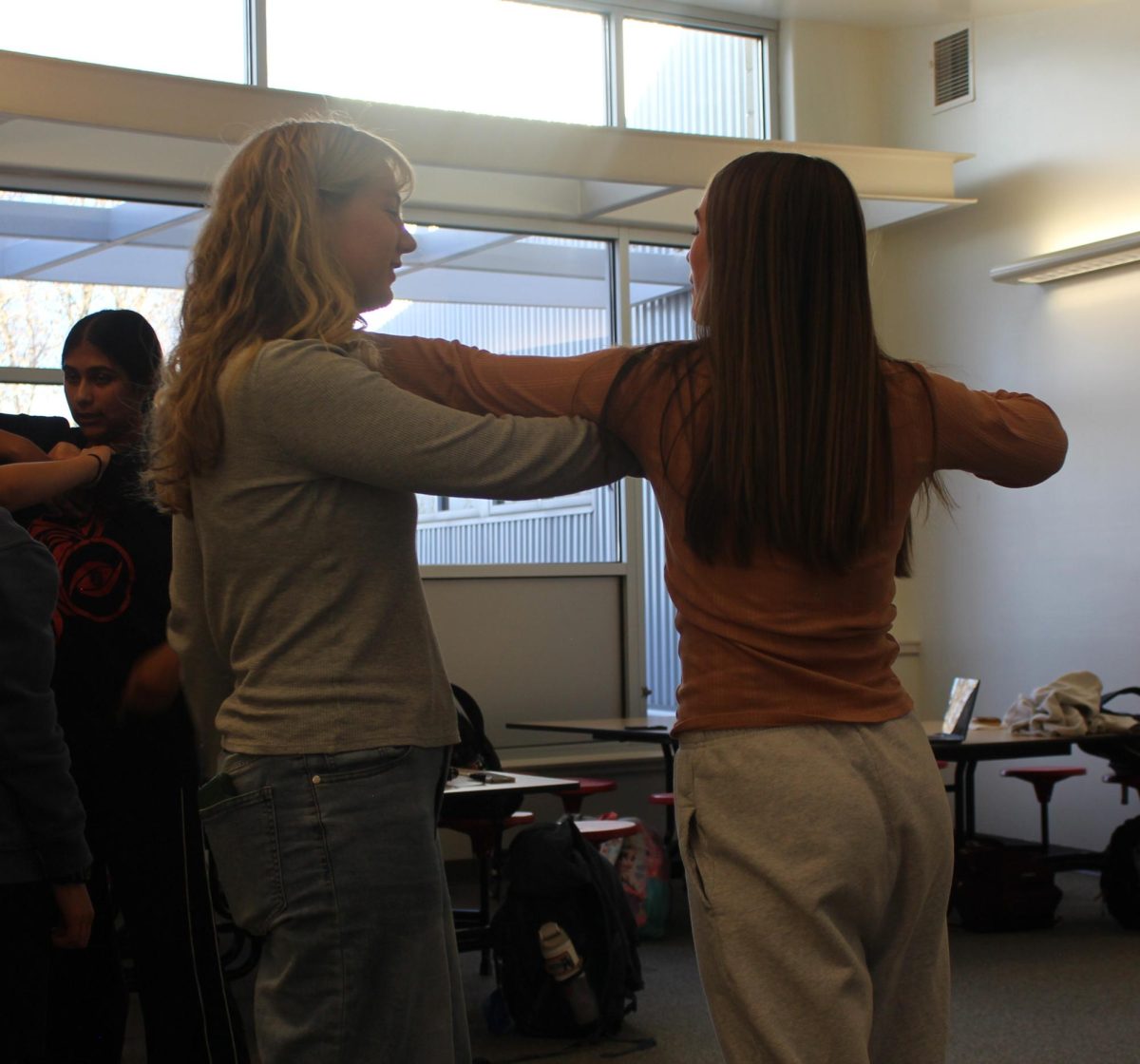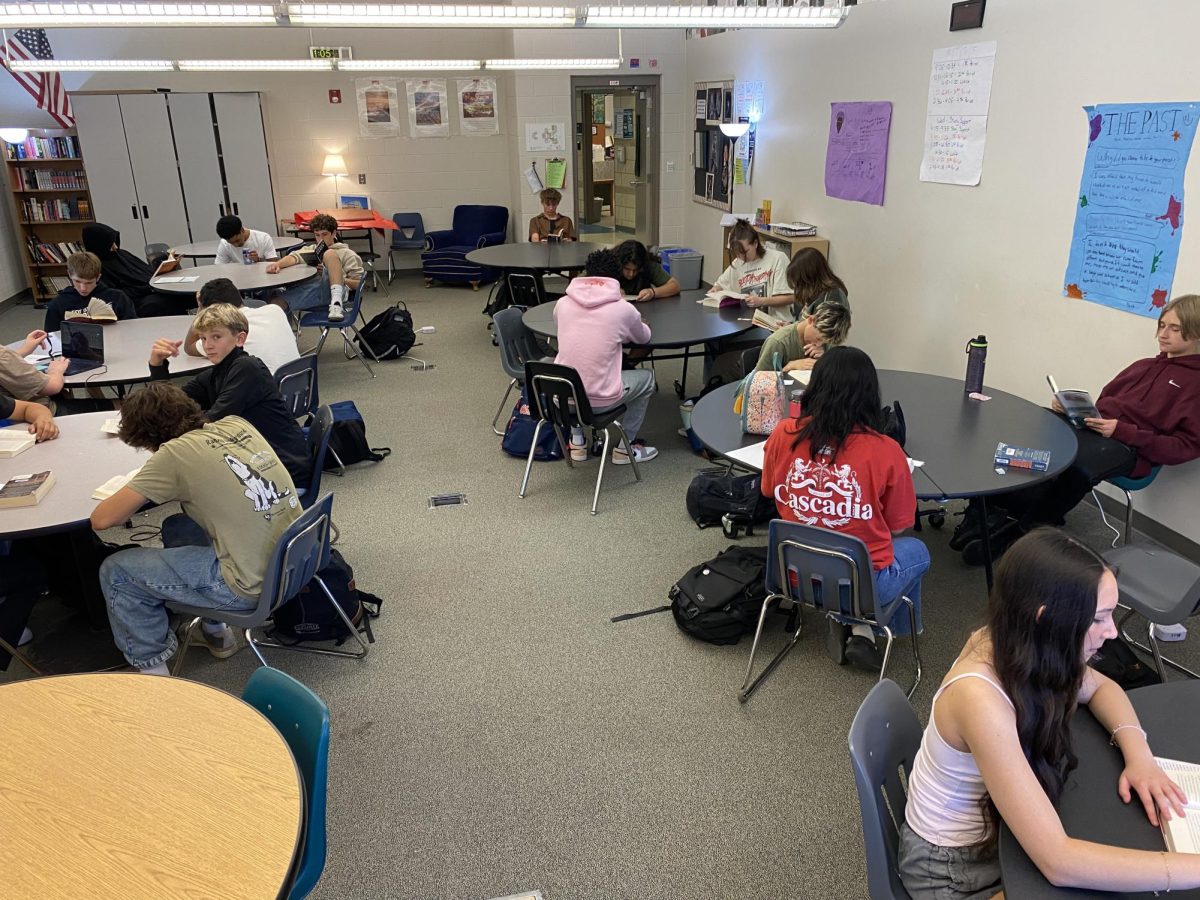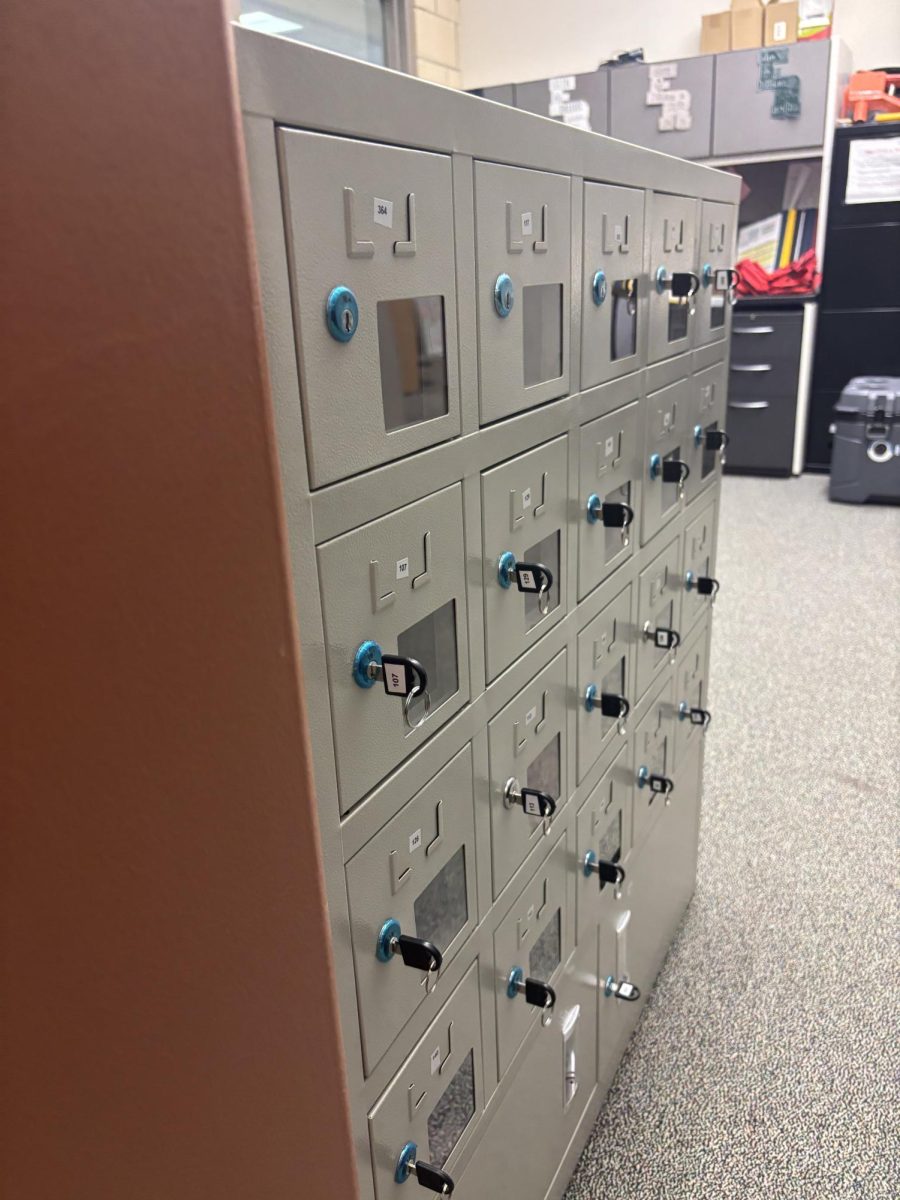Exact class rank – and valedictorians and salutatorians – will become a thing of the past when this year’s freshmen graduate in 2029.
Poudre School District Superintendent Brian Kingsley made the decision to move to a decile ranking system, in which students will be grouped by GPA in 10 equally divided sections after a committee of counselors from PSD schools presented their proposed changes to the school board this summer.
“We have students that are so stressed out about trying to get to the top that they’re like, panicking, ‘Oh my gosh, like, I got an 87 in college trig, what am I gonna do?’ And it’s like, no, that’s a really good grade. And it’s like, ‘No, but then I’m going to fall out of, you know, the top three,’” said Fossil Ridge High School counselor Chris Savage, a member of the committee.
The lengths that students go to to get ahead of their peers was also what the ranking change aimed to address. There has been at least one instance of students bribing one another to purposefully do badly on tests to get ahead, Savage said at the board meeting. Money was an issue as well.
“A lot of students are having to go outside of school to take extra classes that were weighted, that would help get them on top, and those classes cost money, so it became an equity issue,” he said. “Students who don’t have extra money to pay for other classes, you know, would fall behind.”
The preference for Advanced Placement and Front Range Community College classes was also not healthy in terms of students exploring their interests.
“We just saw a lot of students taking classes that they weren’t interested in,” said Savage. “They would just sign up for all these additional college classes that they didn’t really want to take, just to try to get towards the top.”
But freshman Delaney Harrington feels that the new, more general class ranking system will not allow students to achieve what they want.
“I just feel like [the current system] keeps me committed to something, and especially since I want to go to college, it’s just a big goal for me, and it’s a good way to keep me in line,” Harrington said.
She described how she had hopes of taking many AP classes and being at the top of her class.
However, senior Alex McFarland believes that this change will not affect student work ethic and achievements, as some worried it would.
“I would be shocked if anything changes about that,” he said. “I think it will breed less competition, but still give similar-ish results to like, if you want a valedictorian or a salutatorian, which I think could, could be very useful for some people who really need that excellence.”
McFarland recalls how heavy the competition had gotten in past years.
“It’s a good idea for equity purposes. I know that two years ago and last year, people were very unhappy about how people would get valedictorian by driving to other campuses,” he said.
The topic of college was one of the concerns brought up by parents and students when the committee was researching the plan. But they reached out to colleges to make sure changing GPAs and class rank would not affect admissions.
“The feedback that we got from them is that it doesn’t really matter, because all kinds of school districts do all kinds of different things,” Savage said. “Colleges are able to work with what they’re given. So if they don’t have a class rank, they’ll look at your GPA and your test scores and your essays.”
At the board meeting, counselors said they spoke to in-state and highly selective schools. Savage also described the feedback from student groups as “overly positive,” with students expressing gratitude for the changes they’d proposed.
“That’s our hope, the belief that students will still try to push themselves and achieve and still have all kinds of opportunities after high school, “ Savage said. “We just feel like it won’t be as competitive as, ‘I need to be better than that student.’”













